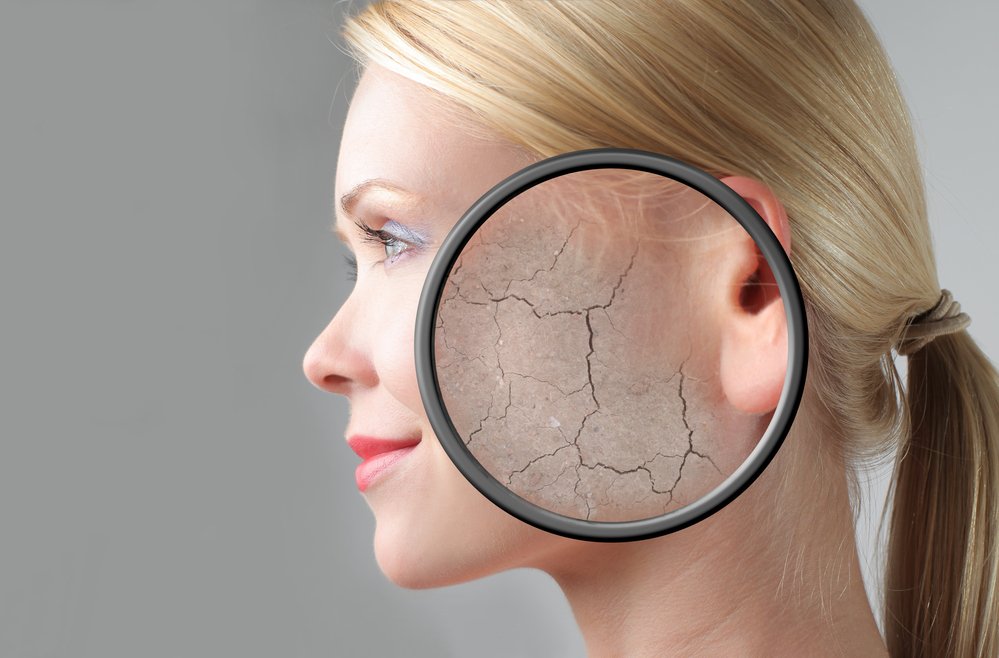You may have observed that after a few hours spent in an air-conditioned room, your skin, regardless of the type of skin you have, begins to feel unpleasant. Here are some skin care recommendations for your complexion to consider if you are curious about the various affects that even the best air conditioning Singapore can have on skin.
Exposure to air conditioning can cause the skin to lose moisture:
The use of air conditioning can cause “moisture to be pulled out from the skin, thereby raising the risk of skin dryness, skin itchiness and skin wrinkling. By reducing the temperature and humidity, air conditioners provide a cooling effect on the body. Because of this process, our skin may get dehydrated and our protecting skin barrier may become compromised. When it comes to the way you look, this can manifest as a complexion that is blotchy, tight, harsh and dreary.
Air conditioners have the potential to harbor germs:
People who are exposed to the air cooled by air conditioners may effected by harbor bacteria like Listeria and Legionella that may trigger harmful illnesses and infections in those exposed to the cool air. These particular hazards can even extend deeper than the skin.
Skin that is dry:
It is common for air conditioning systems to remove the moisture from indoor surroundings without being selective about it. This suggests that they extract hydration from your skin as well. This causes the outermost layers of your skin to become extremely dry.
Your skin will eventually feel stretched out, dry, and itchy as the inner layers get damaged by the condition. The solution to this problem is humidification. You can keep your cool and keep your skin hydrated with the help of the whole-house humidifier.
A fall in the amount of oil generated:
Oils, which are good for your skin’s overall health and texture, are produced naturally by your skin. The temperature in your surroundings can be lowered by using air conditioning. As a consequence of this, less sweat is produced, which means more toxins are retained within the skin.
In addition, oil production decreases, which results in skin that is dry, unhealthy and lackluster. Because of this, it is suggested that individuals take frequent breaks from being inside of rooms and buildings that contain air conditioning.
Disorders of the skin:
Dermatitis can be brought on by consistently drying up your skin. If you currently suffer from a skin condition such as rosacea, psoriasis, as well as eczema, exposure to air conditioning may make your symptoms worse.
Keep in mind that chilling and humidification will result in less dryness of the skin and healthier skin overall. You should have a humidity monitor in your house so that you can make sure it stays at the ideal level. The range of humidity that is suitable for human habitation is between 30 and 50 percent.
Fasten the aging of your skin:
Additionally, air conditioning might hasten the ageing process of your skin. As your body’s natural moisture is removed, your skin will start to get more wrinkled. As a direct result of this, its elastic characteristics have diminished. If you ignore replacing the water that is continually taken out of the tissues of your skin, you will get dry skin that is more prone to developing wrinkles and creases. Again, this is something that may be fully avoided with the use of suitable humidification.
Dried-out skin:
Because of the widespread use of air conditioning, outdoor temperatures are frequently brought down to a range that falls among eighteen and twenty-six degrees Celsius. Because of this, your body will no longer produce sweat everywhere else but on your palms, soles and underarms.
This stop the poisons from escaping through the skin as they normally would. It makes your skin generate less oil, which gives it a dull, unhealthy appearance and leaves it feeling tight and dry. It also makes your skin look older.
Itchiness may cause:
When using an air conditioner, moisture is often removed from the room. This can cause itchy and dry skin. They don’t make any distinctions between themselves when it involves the water that they expel, so they’ll absorb whatever they can grab off of your skin too. The epidermis suffers damaging effects, which ultimately results in extreme dryness.
If you do not drink enough water, your skin will eventually suffer damage from chronic dryness, which will affect the more deeply moisturized parts of your skin. As a direct result of the straining, your skin may get red and inflamed and it may even flake.
Skin degeneration:
The majority of individuals either move from a location that is cold and air-conditioned to an area that is hot and humid outside, or they go right from the hot and humid outside into an area that is cool and air-conditioned. Wide fluctuations in temperature are detrimental to the health of your outermost layer of skin because they interfere with its natural potential to heal itself.
If your skin is subjected to these conditions on a consistent basis, it will find it difficult to adapt to the alteration in the environment and it won’t be able to rejuvenate as it should, which will result in an appearance that is lifeless and unhealthy.
Premature aging:
Because the pliability of your skin is dependent on water, water is your skin’s closest friend. Water helps prevent premature ageing. Dry, cracked skin is a common side effect of air conditioning, which reduces humidity in the air.
In addition to that, it loses its elasticity with time. Because the body is constantly losing water and failing to restore the water in its skin tissues, it can cause the skin to become dry and wrinkled. Keeping up with the maintenance of your air conditioner can help mitigate these effects.


